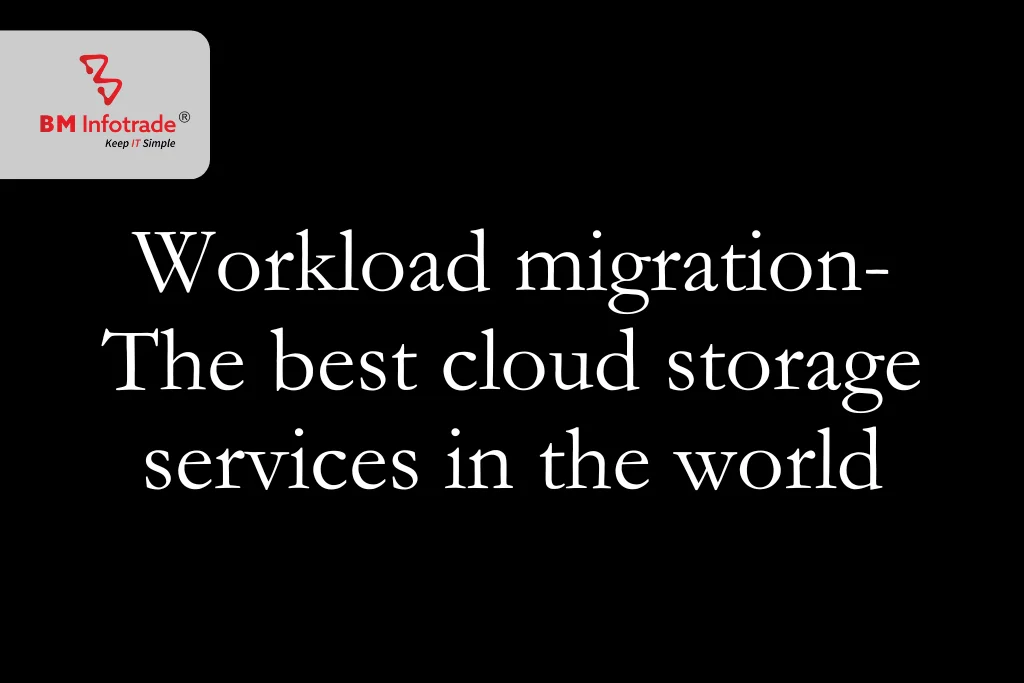Ansible vs. Python: Which is Better for Automation and DevOps?
Explore the key differences between Ansible and Python for automation and DevOps. Learn which tool best suits your needs for configuration management, scripting, and workflow automation.

Ansible vs. Python: Which is Better for Automation and DevOps?
Table of Contents
Automation and DevOps tools refer to several programs, systems and languages. As a rule, at least two programs can be distinguished for one specific feature, application, case or project. The specialists involved in the automation of the processes in the companies are confronted with the challenge of choosing between Ansible and Python in their work. Python can also automate systems and processes such as DevOps tasks. Let’s see how Ansible and Python are different from each other as well as which best fits the framework of automating your process and other features you have.
Understanding Ansible and Python
What is Ansible?
This is a free automation tool designed for the management and configuration of IT architecture. One of its peculiarities is that no programming knowledge is required for its utilisation since it utilizes a language with indications of YAML markup.
Key features of Ansible include:
-
There is no requirement to install and configure it on each client (external access via SSH).
-
Idempotence guarantees that all repetitive runs give a similar output.
-
Several modules are available including pre-built ones.
What is Python?
Python is a highly scalable interpreted object-oriented programming language that is used for multiple applications such as scripting, creating websites, data automation and analysis. It has a wide range of libraries and frameworks that are relevant to nearly all uses and systems including for DevOps and automation of systems.
Key features of Python include:
-
Wide range of libraries for automation of tasks including Paramiko and Fabric.
-
Simple and readable programming structure, thereby easy to learn.
-
Highly scalable and can be utilized in a wide range of applications.
Core Differences: Ansible vs. Python

Use Cases for Ansible and Python
When to Use Ansible
-
Configuration Management: Ansible can be strategically employed to automate repetitive tasks such as setting up a cluster environment, configuring images for virtual machines, or handling operations in a cloud environment.
-
Application Deployment: Ansible playbooks are a very easy way to deploy applications since they enforce consistency and help decrease the chances of human errors.
-
Orchestration: It’s great at orchestrating sophisticated processes between multiple systems systematically.
-
Non-Programmers in DevOps: If you have joined the DevOps culture but have no programming skills Ansible is quite easy as it has a very simple YAML-based structure.
When to Use Python
-
Custom Automation: Python is the best programming language when the requirements are to create automation procedures that are highly personalized or when there are requirements of interfacing various APIs.
-
Data Processing and Analytics: In such activities as log processing, data analysis and visualization, and data monitoring, Python’s libraries, such as Pandas and Matplotlib, perform excellently.
-
Dynamic Workflows: Dynamic workflows, where tasks include a lot of logic and are conditional, are best automated with Python.
-
Complex DevOps Pipelines: Integration of Python with other DevOps tools such as Jenkins, Docker, and Kubernetes is ideal for building complex pipelines.
Advantages of Ansible for DevOps
-
Ease of Adoption: Ansible’s learning curve is so mild and teams can quickly adopt it. Even people who do not have programming experience will be able to make use of the application effectively.
-
Agentless Architecture: What sets Ansible apart from other configuration tools is that it does not need agents installed on target systems which makes the installation easier and less resource-hungry.
-
Pre-Built Modules: Because there are plenty of pre-designed modules in Ansible, tasks like cloud service management, networking, and database setups can be completed efficiently and in less time.
-
Community and Ecosystem: Ansible lives up to its name and has a very large community and satisfactory documentation resources which will cover a lot of ‘how-tos’ for different situations.
Advantages of Python for DevOps
-
Flexibility: As a programming language, Python is capable of performing various operations, including web scraping or managing complicated automated systems within low-level code.
-
Integration Capabilities: For progressive DevOps applications, Python has smooth integration with Docker and monitoring technologies, Quantity and AWS SDK, and Boto3.
-
Extensive Libraries: Automation tasks can be made easier and remain flexible with Fabric, Paramiko, or infra libraries.
-
Portability: Cross-platform automation will be smooth as Python scripts can be executed in any environment with little change.
Which is Better: Ansible or Python?
When to choose Ansible
-
When fast, repetitive automation is required and coding complexity is kept to a minimum.
-
When committing to a workflow that requires infrastructure as code IaC.
-
Best utilised for smaller to medium-sized scale deployments which use simple and standard workflows.
When to choose Python
-
If your project has a large amount of required logic, a large dynamic curtain or API dependencies.
-
When you do not find the pre-built modules of the system satisfying, choose to develop custom tools or workflows instead.
-
More suited for advanced developers or a team with solid programming.
Read More:- What is Shadow AI? Its Role and Impact on Technology
Conclusion
When to use Ansible or when to use Python entirely depends on the requirements of your project and the skill set of your team. Ansible is the best configuration and orchestration tool into which no agents need to be deployed. But in the latter instance, when developing automation scripts that require more complex logic or applications with a wider scope, python is certainly the answer.
Most hybrid organizations would do just well. For such organizations, the best practice could be to use Ansible for orchestration and Python for custom tasks. In so doing, there is an opportunity to boost the efficiency of automation workflows, increase productivity, and simplify DevOps practices.







Anshul Goyal
Group BDM at B M Infotrade | 11+ years Experience | Business Consultancy | Providing solutions in Cyber Security, Data Analytics, Cloud Computing, Digitization, Data and AI | IT Sales Leader